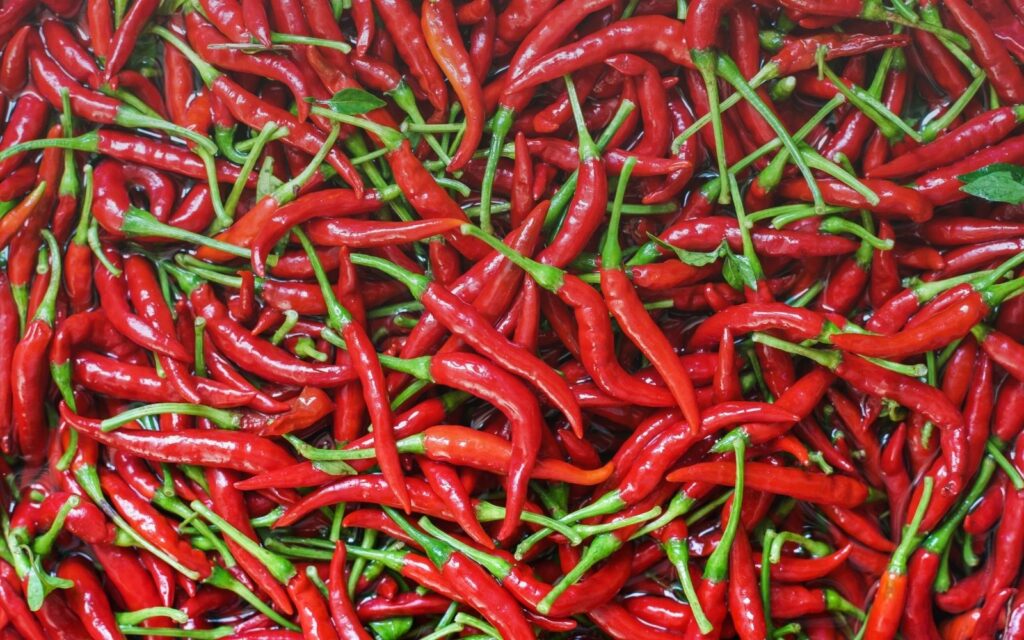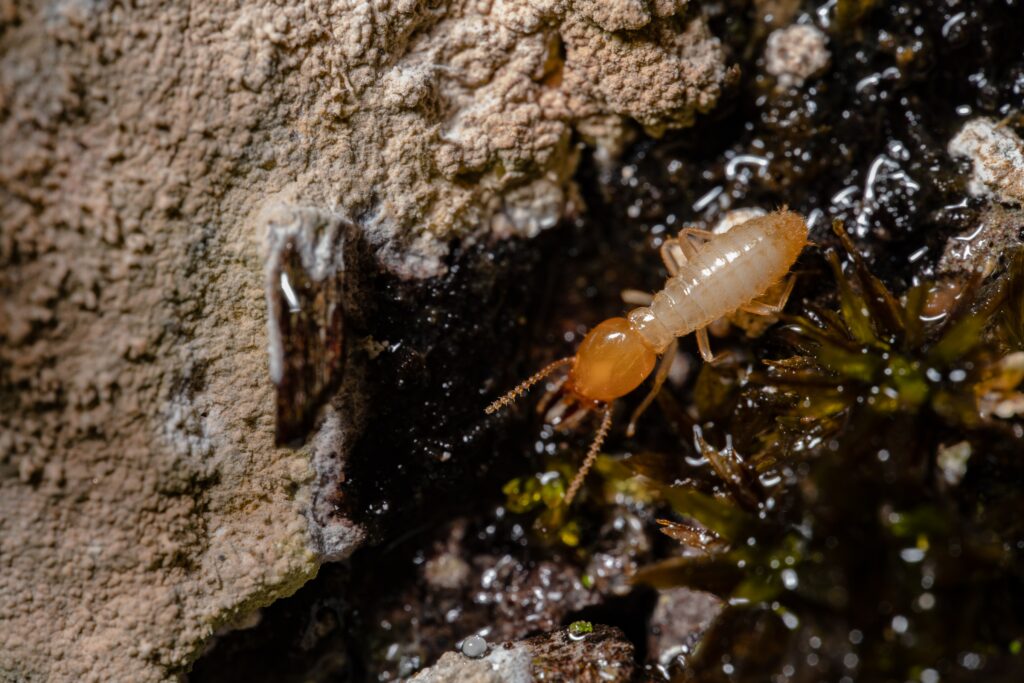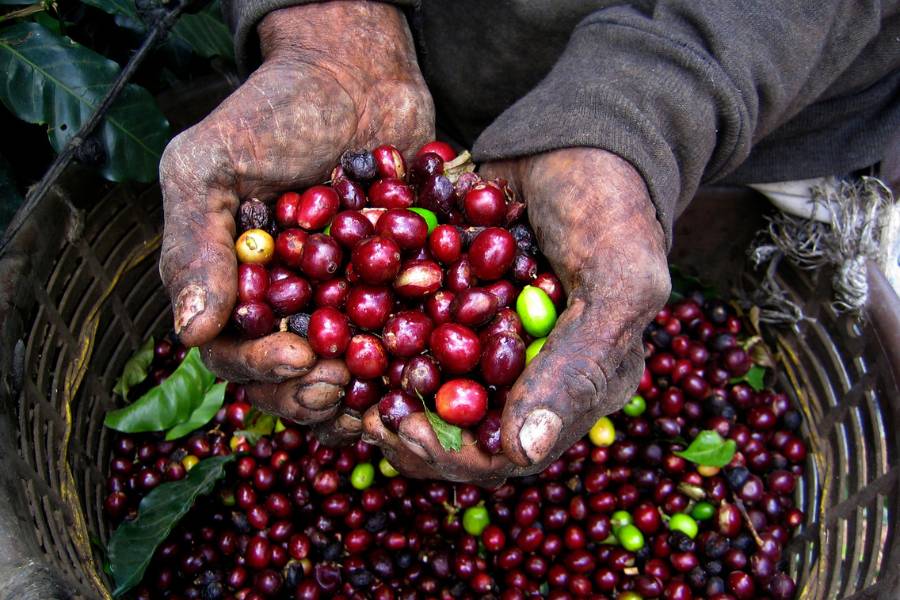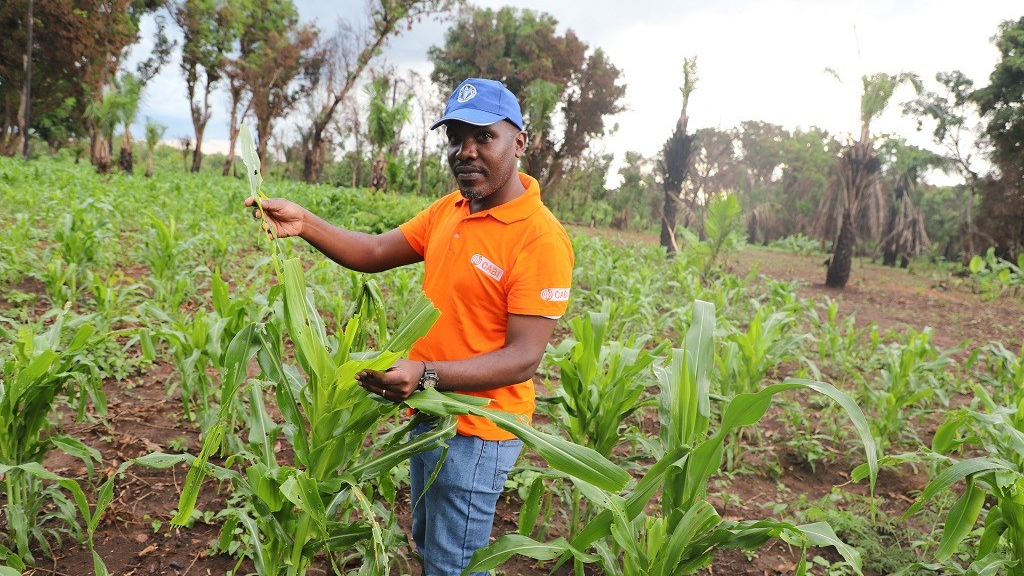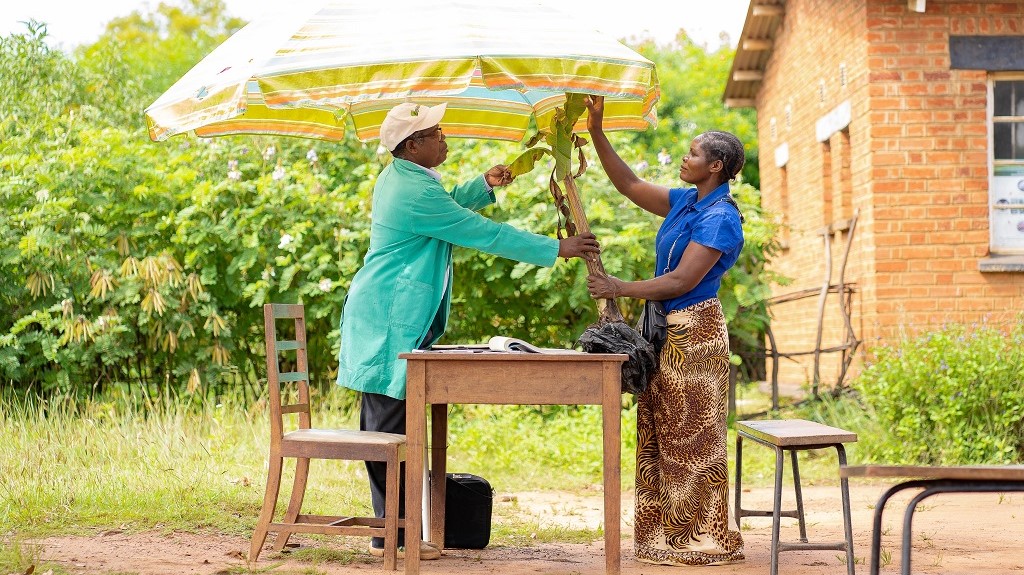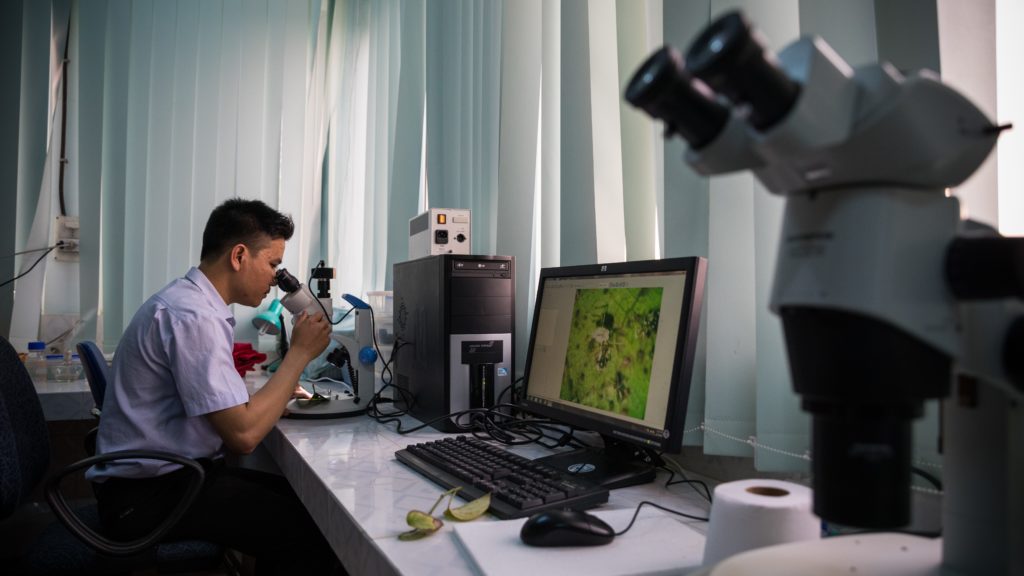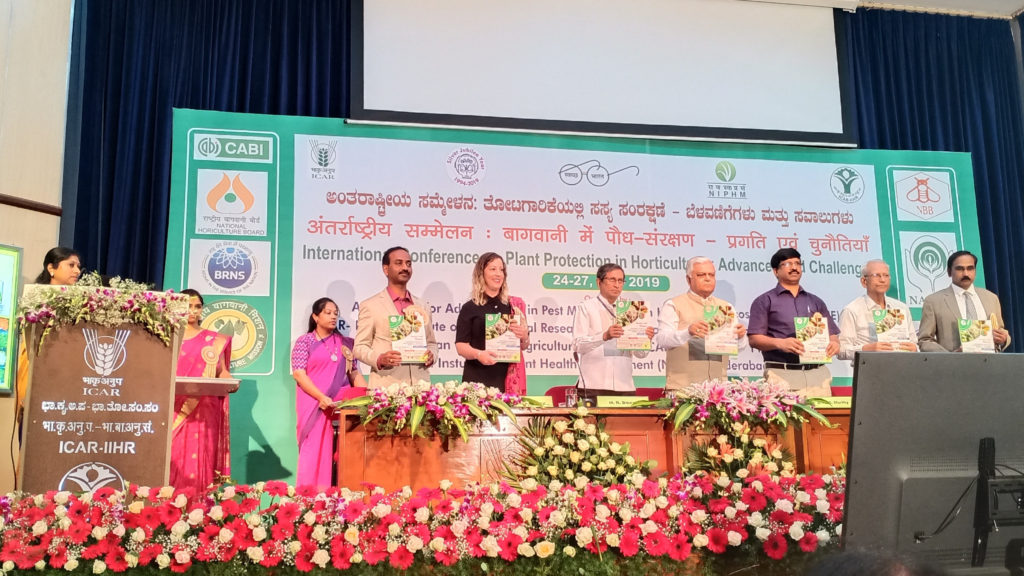5 common chilli pests and diseases
Chilli pests and diseases can considerably impact crop production. Not only can pest and disease outbreaks lead to severe yield losses, but they also reduce quality and lower market value. In many countries, including India, Bangladesh, Malawi, and Thailand, chilli is a vital cash and export crop contributing significantly to livelihoods and local economies. Effective…
The Formosan subterranean termite: a destructive force
Termites, numbering over 3,100 species worldwide, are infamous for their ability to wreak havoc on building structures and vegetation. The Coptotermes genus particularly stands out, containing the most termite pests, with 28 pest species. However, one species, in particular, has gained prominence as the most widespread and economically significant of them all. The Formosan subterranean…
New Pest Management Decision Guides created in collaboration with the Rainforest Alliance
PlantwisePlus and the Rainforest Alliance have collaborated on a collection of Pest Management Decision Guides (PMDGs) for Nicaragua. The PMDGs are available on the PlantwisePlus Knowledge Bank. They provide agricultural advisors and farmers with crop and pest-specific prevention, monitoring and control advice. They enable producers to make informed crop management decisions, minimising the reliance on…
PlantwisePlus: detecting and responding to plant health threats
Invasive species specialist Dr Ivan Rwomushana is one of the Global Team Leaders for CABI’s new global PlantwisePlus programme. His role within the programme is to strengthen decision support systems for the detection and response to pest outbreaks and plant health threats.
“Plant clinics help me continue to support my family through farming.” Meet Joyce, a farmer from Malawi
Mayi Joyce Vito is a middle-aged woman with a one-acre farm in Nanjiri, Lilongwe, Malawi. She grows groundnuts, maize and occasionally, cassava. She also has a piece of dambo land where she grows vegetables and has a number of banana trees. Nanjiri is one of the areas in Lilongwe which is regarded as a ‘food…
Plantwise Most Read 2019
As 2019 draws to a close, we have crunched the numbers and present 2019’s most read articles. Plus a few firm favourites. Plantwise work on the ground has proven a popular topic, particularly with regard to reducing pesticide risk, as well as our work in digital development with the launch of the new-look Plantwise Knowledge…
A new AI-powered app scans banana crops for early signs of disease
By Emma Bryce. Reblogged from Anthropocene. The banana is the world’s most popular fruit: we consume 100 billion of them a year. And yet, their future is threatened by a spate of diseases that are ravaging crops worldwide. Now, researchers have developed a tool to tackle these silent killers: an artificially-intelligent smartphone app that can scan banana…
CABI programmes showcased at International Conference on Plant Protection in Horticulture
CABI programmes, Plantwise and Action on Invasives, have showcased their expertise in plant protection and improving rural livelihoods to a global audience of agriculture experts and scientists at the recent International Conference on Plant Protection in Horticulture held at ICAR-Indian Institute of Horticultural Research, Bengaluru.
Crop-devastating pests in Rwanda to be targeted with space-age technology from PRISE programme
Pests, which threaten to destroy key cash and food security crops including maize, tomato and beans, are to be prioritized as part of an integrated pest management strategy using state-of-the-art space-age technology. Scores of smallholder farmers in Rwanda are the latest to benefit from the CABI-led consortium, funded by the UK Space Agency and the Global Challenges Research…

